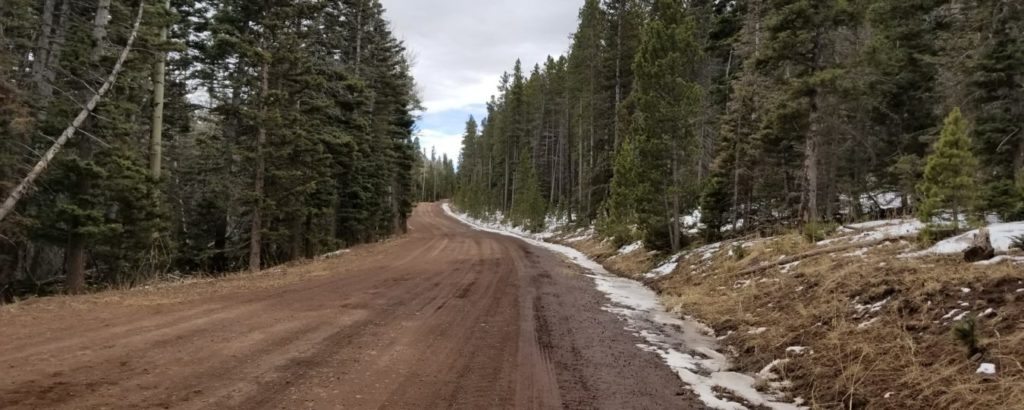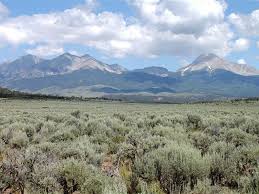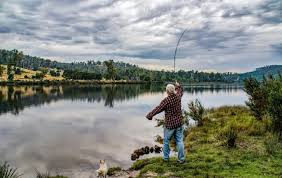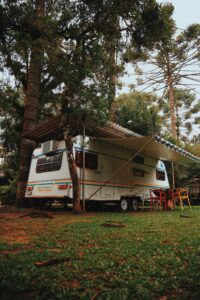
This is the time; you’re ready to buy raw land. You’ve dreamed of finding a piece of land to build a new life. Far from the city’s light pollution, you want to see the milky haze of stars that make up our galaxy. You long to tend a garden; you want dirt caked hands and muscles sore from a good day’s work. But, perhaps, you don’t know how to get started.
Buying land can be scary. This is terrain you’ve never walked before. Like anything new–anything scary, you want to get as much information as possible to make a well-informed decision. The following 7 tips will help guide you through the process.

1. Why Buy Land?
Before you do anything else, you have to be clear about why you want to buy a piece of land. People buy land for a lot of different reasons. Maybe you want to build a custom home or start a farm. Maybe you dream of living simply and off the grid. Perhaps you want an investment property that will help secure your retirement.
Not every property is suitable for every purpose. You’ll need to know how the property is zoned. You’ll want to know whether there’s a home owners association, and what the HOA will cost you. It’s essential, imperative, downright necessary to first know these things before buying. In fact, the rest of the tips are designed to help you answer these questions.


2. Location
If the property you visit enchants you, fills your senses with cool, earthy aromas; transports you another place and time, you might be tempted to put your money down right then and there. But let me give you a word of caution: you can’t live on beauty alone, and there’s more to a property than meets the eye.
When you look at a property, find out the year-round weather patterns. How much does it rain? How hot does it get in summer, and how much snow falls in the winter?
Also, consider how close the property is to shopping and a grocery store. And, in an emergency, you need to know how far you’ll have to travel to get medical care. Finally, think about the reason you want to buy a property in the first place. Will this land provide what you need in a property?

3. Know the Cost
Buying raw land differs from buying a home in several important ways. When you buy a home, you have a professional inspection which is used in negotiating the terms of sale. Buying raw land, however, requires a few extra steps.
- Surveying – Make sure to have an up-to-date survey of the property you’re interested in buying. The survey will let you know the legal boundaries of the property and will alert you to many issues to resolve before buying, such as whether you have legal access to the property or will need an easement.
- Access to utilities – Whether you want to live off-the-grid or connect to public utilities, you will need to understand what is suitable for the property. If you plan on installing solar panels, the property will need an unobstructed view of the southern sky for best results. If you plan to connect to the grid, you’ll want to know how far the nearest access point is from the land. Stringing cable can get expensive.
- Cost of building – If you plan on building a home or cabin on the site, get several estimates and add 20% on top of the one you choose. You don’t want a half-built home because of unforeseen problems.
- Purchase price – In order to get the best value, check around to see how much similar parcels sold for in the area. You can use that information to negotiate a fair price for the land you want to buy.
- Secure a loan/seller financing – Many banks frown on lending money for raw land. To fill the void, land sellers often offer their own financing at easy terms. A reputable seller will explain exactly how their financing works. Be cautious of a deal that sounds too good to be true… it probably is.

4. Check for Existing Liens
If the property owner owes money to a creditor, the creditor may put a lien on the land as security for the money they’re owed. This notice is public record. Get a hold of the county records office and see whether there are any lien notifications on the property.
It’s essential to your financial wellbeing to have a clean title to the property. And liens can delay the sale months or years depending on the kind of lien. In some counties, it’s possible to do a lien search online.

5. Flooding
Before you buy, find out whether the property is on a floodplain. If you the parcel is in an area that often floods, getting your investment insured might get tricky. You’ll also need a plan for how rain and snow will flow past your home without causing damage.
Also, the site survey should include elevation information. Select a building site at the highest elevation possible.

6. Road Access and Easements
Some pieces of land sit like an island surrounded, not by water, but by land owned by someone else. Before you buy a property, make sure you have legal access to the land. If you have to cross someone else’s property, make sure you have a legal easement agreement with the other owner.
And many of the best properties can be hard to get to, sitting off a dirt or gravel road. Can your truck handle driving miles through the snow? Make sure you have a vehicle that’s up to the challenge.

7. Questions to Ask The Seller
- Is the parcel buildable?
- Are there any restrictions or encroachments on the property I should be aware of before purchasing?
- Is there an HOA?
- Is the property on a wetland or floodplain?
- What access does the property have to utilities?
- Is there water on the property? How much water, and is it clean?
- Can I hunt on my property?
- Is it close to land controlled by the Bureau of Land Management?
Doing something new can be scary. Let the experts at Generation Family Properties help. We want to help you find a property your family will enjoy for generations to come.
Discover all of our available properties across the country by clicking on this link.
Have more questions? Contact us at 775-234-2058, and we will happily answer all your questions.



